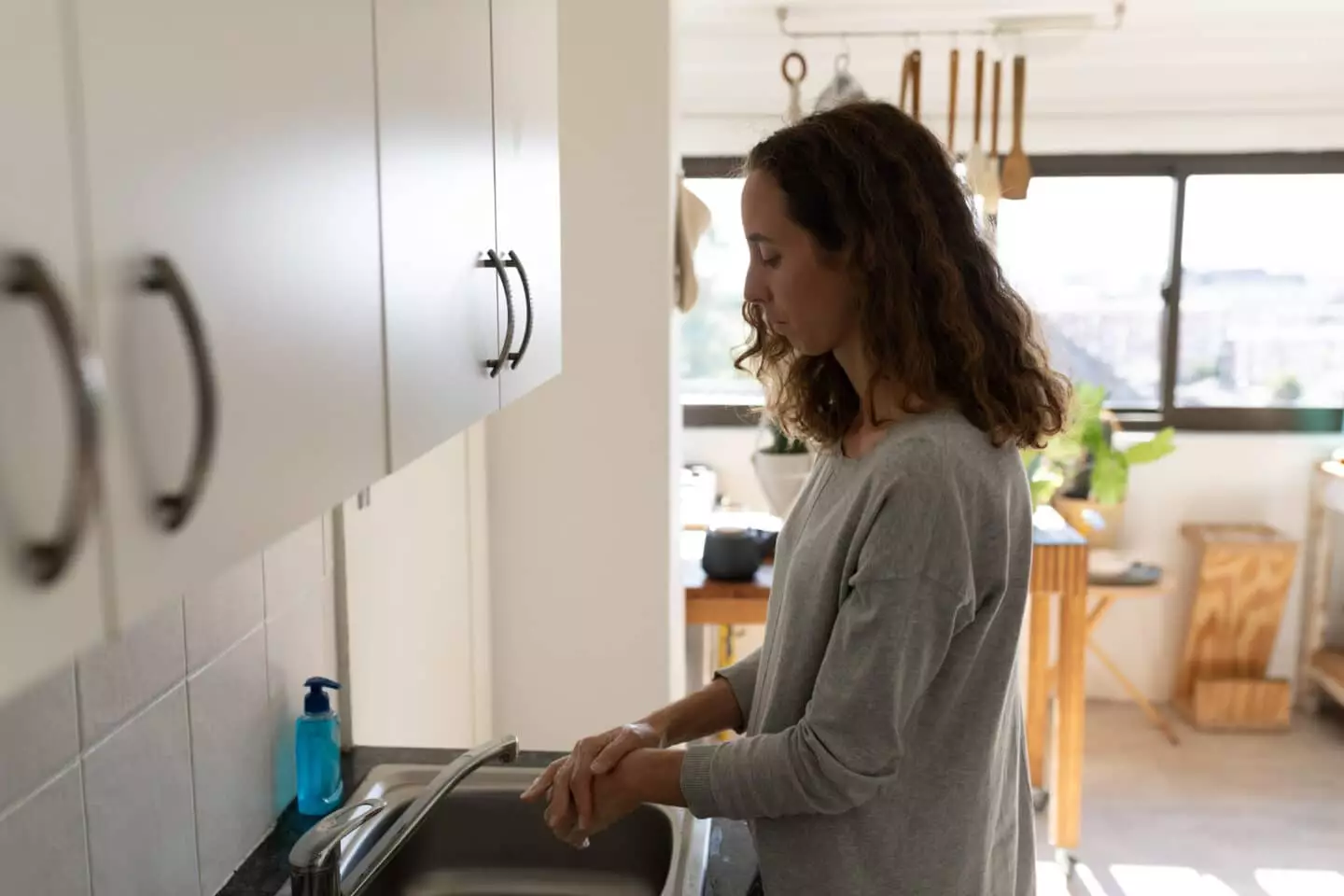Becoming a new parent is often associated with a whirlwind of emotions. The joy and excitement of welcoming a newborn can coexist with feelings of vulnerability and distress. While many mothers may experience transient feelings commonly referred to as “baby blues,” which generally diminish within a few weeks, some women face prolonged emotional difficulties that can severely affect their well-being and parenting. This article delves into postpartum depression (PPD) and postpartum anxiety (PPA), two serious conditions that many mothers encounter, and offers guidance on how to support loved ones who may be struggling.
Bringing a baby into the world is a profound experience that can evoke diverse emotions ranging from pure happiness to overwhelming anxiety. As mothers adjust to the challenges of caring for a newborn, they often find themselves in uncharted territory. For some, the initial joy of motherhood quickly gives way to a darker emotional state characterized by sadness, fear, or isolation. The primary distinction between normal postpartum feelings and clinical conditions like PPD and PPA lies in their duration and intensity. Unlike the fleeting baby blues, PPD and PPA can persist and intensify, leading to significant distress and impairment in daily functioning.
Postpartum depression is not simply an extension of the baby blues; it is a diagnosable mental health disorder. Symptoms can include persistent sadness, feelings of worthlessness, lack of interest in activities once enjoyed, and an overwhelming sense of isolation. Mothers may feel disconnected from their babies and struggle to bond, which can exacerbate feelings of guilt and worry. On the other hand, postpartum anxiety manifests as a constant state of heightened alertness. Mothers may find themselves consumed by intrusive thoughts of what could go wrong, leading to panic attacks and avoidance behaviors. Both conditions can take a considerable toll on a mother’s mental and physical health, necessitating professional treatment.
If you have a friend or family member who is grappling with PPD or PPA, knowing how to support them can be challenging. It’s vital to approach the situation with compassion and empathy. One common pitfall to avoid is offering well-meaning platitudes. Statements like “Just hang in there!” may seem encouraging but can feel dismissive to someone in real emotional pain. Instead of minimizing their feelings, aim to create a safe space for open dialogue. Ask questions that invite them to share their experience, and be sure to listen actively without offering unsolicited advice.
When engaging with a mother dealing with postpartum issues, steer clear of comments that may unintentionally imply blame or trivialize her experience. For example, suggesting that they should just ‘try yoga or meditation’ fails to acknowledge the complexity of PPD and PPA as medical conditions requiring proper treatment. Instead, encourage them to seek professional help, and if feasible, offer to help with the logistics of that appointment—be it making a call or providing company to the visit. This support can make the daunting task of seeking help feel less overwhelming.
While it’s natural to want to reassure someone struggling with these conditions, it’s important to avoid definitive promises that everything will be okay. Feelings of anxiety and despair may not be easily dispelled through reassurance. Instead, focus on affirming their worth and your commitment to stand by them regardless of the outcome. Your presence and understanding can become a vital source of strength, illustrating that they are not alone in this journey.
Perseverance in Providing Support
It’s essential to remain persistent in your support efforts, even if your friend often responds negatively. Understanding that PPD and PPA can lead to withdrawal or irritability is crucial. If your attempts at connection are met with resistance, reassure them of your steadfastness and willingness to reach out again. This gentle persistence can help combat feelings of isolation, reminding them that help is available and that their emotional battles are recognized and validated.
Motherhood is a significant transition, one that inherently carries immense pressures and expectations. For those experiencing PPD or PPA, this transition can become a daunting ordeal, filled with emotional turmoil and self-doubt. Encouraging a mother to seek professional support and providing compassionate, understanding companionship can make a world of difference. By fostering an environment in which feelings are validated rather than dismissed, we can help alleviate the burden of these conditions and support mothers in navigating the complexities of their emotional landscape. Together, we can transform the experience of motherhood from isolation to connection, paving the way for healing and hope.

